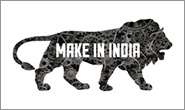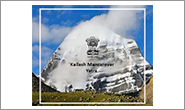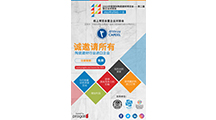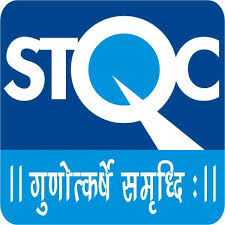Ambassador's interview to Phoenix TV
05/10/2015
Phoenix TV Interview with H.E. Mr. Ashok K.Kantha, Ambassador of India to China
1. What is the purpose and expectation of Mr.Modi’s Visit? In what aspects will it help develop the China-India Relation?
Prime Minister Narendra Modi is going to pay an official visit to China from 14th to 16th May that will take him to Xi’an, Beijing and Shanghai. This visit has raised many expectations from the people of both our countries, as is evident from the enormous interest generated by Prime Minister Modi’s Weibo account that he launched just a few days back. The leadership of both our countries has expressed a strong determination to develop our partnership in an all-round manner. We believe, therefore, that Prime Minister's visit will significantly contribute to and help in building an even closer engagement between India and China. Through this visit, we hope to put in place a new agenda for taking our relationship forward, even while implementing the understandings already reached. We expect the visit to result in new progress in areas as diverse as sub-national cooperation, trade and economy, culture and academia, science and technology, skill development and disaster management.
2. It is been reported that the first stop of the visit is neither Beijing nor Shanghai, but Xian. Why make such an arrangement?
Xi’an is indeed the first stop of Prime Minister’s program. When President Xi Jinping visited India last year, he invited Prime Minister Modi to visit Xi’an in his home province.Xi’an is not only a city with a remarkable history, but also has strong cultural linkages with India. The famous monk scholar Xuan Zang, after his journey to India, came back to Chang’an, present day Xi’an, with Buddhist scriptures and translated them at the Giant Wild Goose Pagoda. The Daxingshan Temple in Xi’an also has a rich Indian connection. Several famous Indian scholars, including those from the renowned Nalanda University, stayed in this Temple and made seminal contributions in not only translating Indian works into Chinese but also in building special bonds that have endured through millennia.
There is also an interesting personal connection. During his sojourn in India, Xuan Zang had visited Prime Minister Modi’s hometown, Vadnagar, and returned to Xi’an in President Xi‘s home province, Shaanxi. President Xi had also visited Prime Minister Modi’s home state, Gujarat, last September.This reflects the rapport the two leaders have established.
3. Why did Mr. Modi register in Chinese Weibo? Will there be more contact between the PM and Chinese people or netizens?
Prime Minister is an avid and active user of social media for several years now. He has used diverse social media platforms to reach out to people across India and the world. From sharing updates on working of the government, policy deliberations, his own thoughts, greetings and replies to well-wishers, Prime Minister Modi's social media outreach has been lauded all over the world. He has also been using info-graphics and videos to share the various efforts of the Indian government in the past one year. With this background, in order to enhance communication with the Chinese people, the Prime Minister opened his Weibo account and has also started posting his messages to the Chinese people. This was his personal initiative and he is happy with the warm response from the Chinese netizens. His first post “Hello China” triggered over nine million hits within 48 hours.Prime Minister’s subsequent posts on the Weibo and his wish to directly interact with friends from China have also been extremely well received. This provides us with the perfect setting for what we expect would be a path-breaking visit. Prime Minister Modi will be posting his impressions during the visit and after.
4. Chinese president Xi Jinping visited Pakistan last month, strengthening the bond of these two countries. What does India think about it? Will it affect the PM’s visit?
We have noted the visit by President Xi to Pakistan. When we have concerns, we raise them at appropriate levels and on appropriate occasions. However, we have a strategic partnership with China that has diversified into new areas of cooperation. The two countries are committed to forging a ‘Closer Developmental Partnership’which is already yielding concrete dividends. Our relations have transcended the bilateral realm and acquired regional and global significance. Besides, India and China are the largest developing countries and the two fastest growing large economies in the world today. As major poles in the global architecture,the two countries are playing a growing role in the international community. The simultaneous reemergence of India and China is an exciting process that brings benefits not only to the people of our two countries but also contributes to Asia and the world. We believe, this process of the two countries pursuing their respective national developmental goals and security interests ought to unfold in a mutually supportive manner, sensitive to each other’s concerns,interests and aspirations. Our Prime Minister’s visit should be seen in this larger context.
5. The US President Obama made a breakthrough visit to India this year. How would India balance its relations with China and the US?
We don’t talk of concepts like ‘balancing’ in our foreign policy. We follow an independent foreign policy and we wish to strengthen our friendship and cooperation with other countries as we do with China.





























